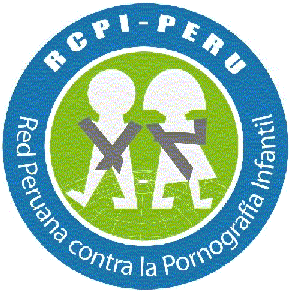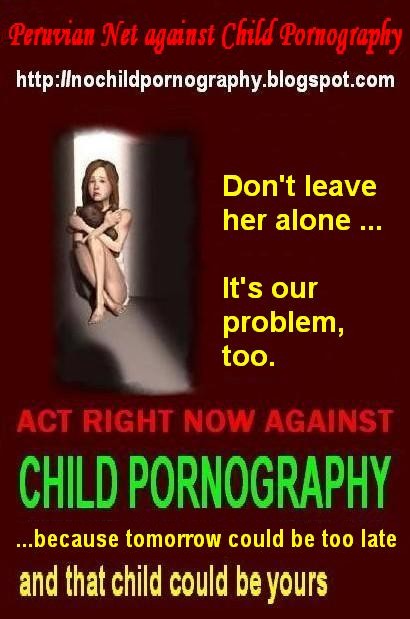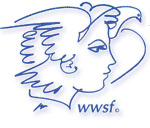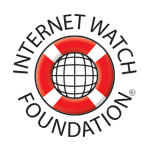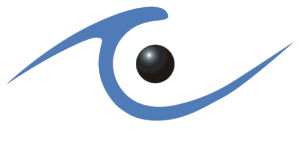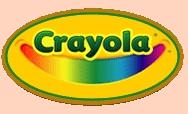IWF reports increased severity of online child abuse content
 New figures from the Internet Watch Foundation (IWF) 2006 Annual Report, launched today, show the severity of online child abuse content is increasing, with a four-fold rise in images depicting the most severe abuse, such as penetrative and sadistic sexual activity. This trend reflects an apparent growing demand for purchasing more severe images with nearly 60 per cent of commercial child abuse websites selling child rape images. 29 per cent of all potentially illegal child abuse URLs known to the IWF contain level four and five images.
New figures from the Internet Watch Foundation (IWF) 2006 Annual Report, launched today, show the severity of online child abuse content is increasing, with a four-fold rise in images depicting the most severe abuse, such as penetrative and sadistic sexual activity. This trend reflects an apparent growing demand for purchasing more severe images with nearly 60 per cent of commercial child abuse websites selling child rape images. 29 per cent of all potentially illegal child abuse URLs known to the IWF contain level four and five images.The IWF also reveals that 80 per cent of the children in abusive images are female and 91 per cent appear to be under 12 years old.
The challenge to have commercial websites removed from the web is a still a serious one, with some of the most prolific sites avoiding closure by ‘hopping’ servers across different legal jurisdictions. One site, for example, has been reported 224 times to the IWF since 2002. This underlines the need for unified international efforts to combat child abuse content. 90 per cent of commercial child abuse sites appear to be hosted in the US and Russia*.
The IWF also states that it has managed a 34 per cent increase in reports processed by its ‘Hotline’. The reports led to the confirmation of 10,656 URLs, on 3,077 websites, containing potentially illegal child abuse content. 82.5 per cent of all the websites were apparently linked to the US or Russia, up from 67.9 per cent in 2005.
Peter Robbins QPM, IWF CEO, said: “Sadly, we have to report new trends regarding the young age of the child victims in the images we assess and the dreadful severity of abuse they are suffering and these facts, coupled with the longevity of some commercial websites, mean the victims’ abuse can be perpetuated for many years as the images are repeatedly viewed. The increase in reports processed by our ‘Hotline’ team is due in part to the increased awareness of our organisation but also to the identification of a growing trend in the use of remote image storage facilities. The UK has virtually eradicated the hosting of potentially illegal online child abuse content within its virtual borders.”
Some commercial child abuse websites store their images remotely and occasionally in fragments, often hosted on different servers around the world. By distancing the parent site from the actual images and breaking up the image itself, those operating commercial child abuse websites are clearly trying to protect their content from removal and complicate the detection process.
The Annual Report also reveals for the first time a significant increase in the abuse of photo sharing websites by offenders. In 2004, no images posted on photo album sites were added to the IWF’s database, however, they now account for 10.5 per cent of those URLs confirmed to have child abuse content.
2006 was the IWF’s ten year anniversary and they marked the success of their self-regulatory approach, in partnership with the UK online industry, with an awareness campaign and conferences around the country.
(*) The IWF can only trace websites to the last known authenticated hosting company or service provider and then provides this information to the relevant agencies in that country.
Key Figures 2006
- 31,776 reports processed by IWF ‘Hotline’ (34% increase on 2005)
- Less than 1% of all child abuse content hosted in the UK since 2003
- 80% victims in all the URLs (individual images) confirmed to be abusive are female
- 91% of victims in URLs confirmed to be abusive appear to be under 12 years old
- Child abuse images (commercial and non-commercial) of levels 4 and 5 (the most severe) increased from 7% in 2003 to 29% in 2006, of all confirmed abusive URLs
- 57% of commercial child abuse domains known to IWF contain image level 4 and 5 in 2006
- 94 commercial websites reported by IWF to relevant authorities in 2006 have been actively selling child abuse images since 2005, 33 live since 2004, 32 live since before 2004
- 10,656 individual URLs containing child abuse content (74% increase on 2005)
- 3,077 domains account for all these URLs
- 1,667 of these domains were commercial websites
- 10.5% of all URLs with child abuse content in 2006 were on photo album websites
- 62% of commercial child abuse domains hosted in US
- 28% commercial child abuse domains hosted in Russia
- In 2006 IWF provided 11 evidential statements supporting UK police enquiries
- Gave evidence given at 5 UK trials
- 42 reports from IWF still under investigation
Source: Internet Watch Foundation News
